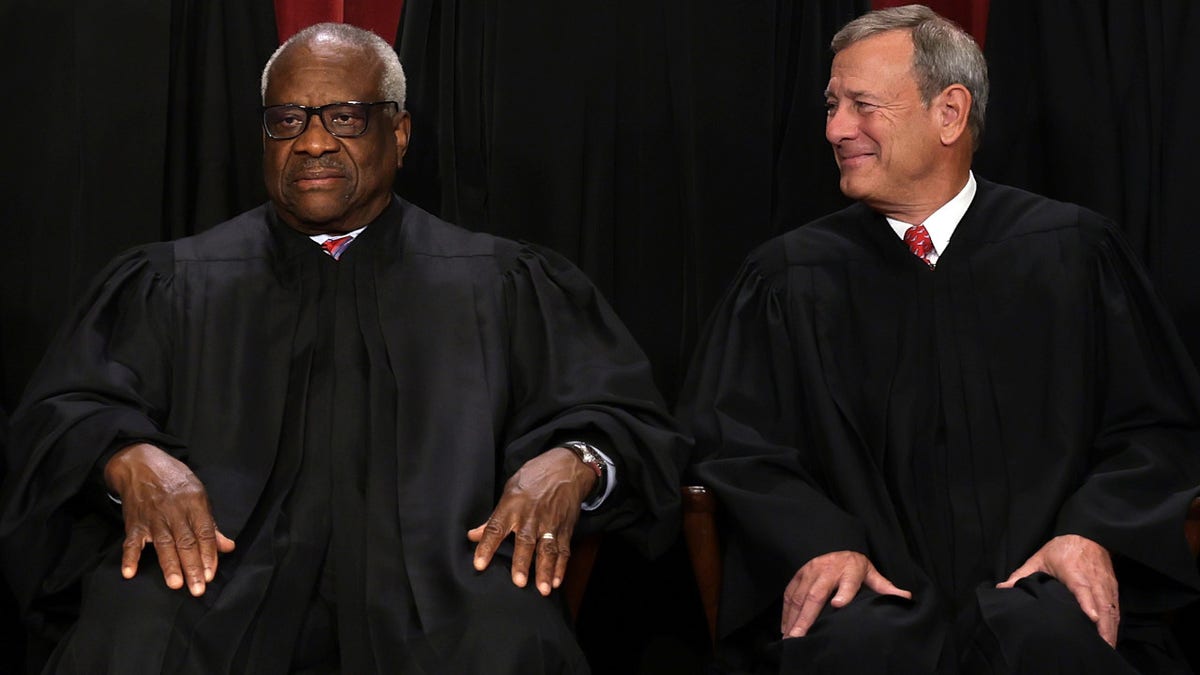Recent actions by Turkey, including the reported incursion of Turkish F-16s into Greek airspace, have raised concerns and complicated the Biden administration's efforts to secure congressional approval for the sale of 40 new F-16 fighter jets to Turkey. This incident occurred shortly after Turkish President Recep Tayyip Erdogan stated there would be no such incursions, raising questions about Turkey's reliability.
Erdogan has linked the F-16 purchase to Sweden's NATO bid, suggesting he may not ratify Sweden's membership until the F-16 sale is approved by the US Congress. Experts, however, believe Erdogan is not under significant pressure to expedite the ratification process and could call a special parliamentary session before October if needed.
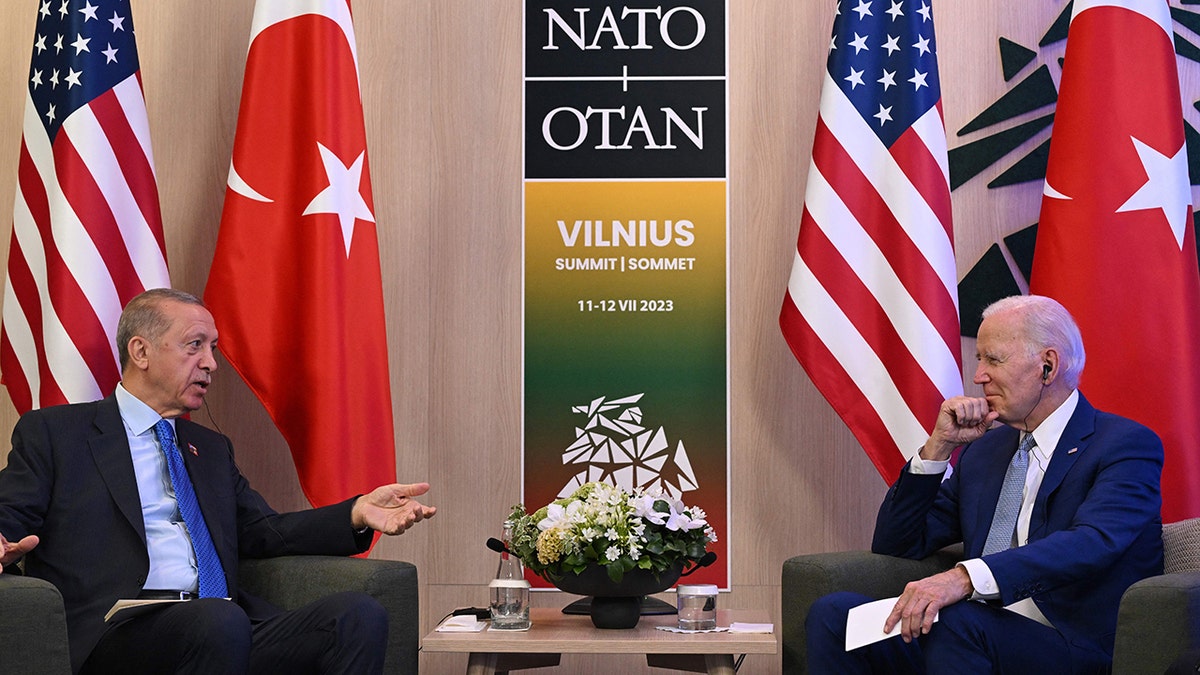
The State Department has justified the potential F-16 sale by emphasizing the importance of NATO unity. Following the recent NATO summit, the Biden administration and Congress have prioritized de-escalation between Turkey and Greece, considering it crucial for alliance stability alongside Sweden and Finland's membership.
Both President Biden and National Security Advisor Jake Sullivan have communicated to Erdogan and Greek Prime Minister Kyriakos Mitsotakis that the US considers de-escalation in the eastern Mediterranean and Aegean Sea vital to US interests. Key congressional figures, including Senate Foreign Relations Committee Chairman Robert Menendez, have stipulated that any F-16 sale to Turkey must guarantee that the jets won't be used against Greece.
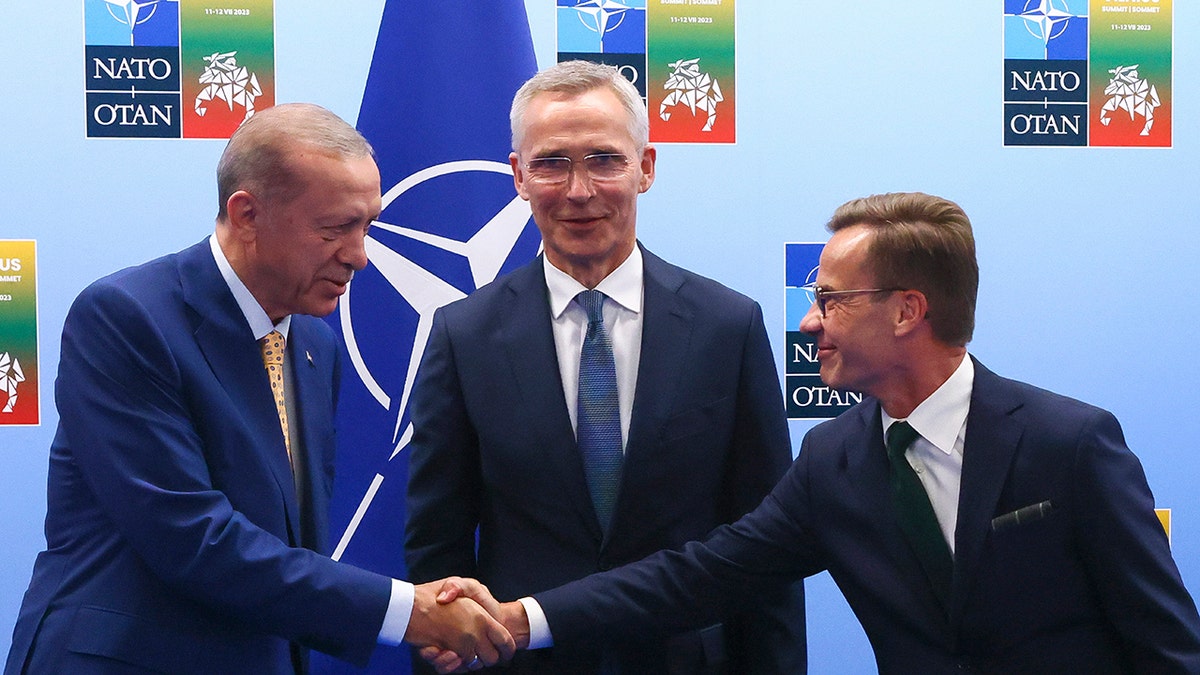
Before the reported airspace violation, Erdogan had publicly stated Turkey had no intention of using F-16s against Greece. President Biden has also discussed a defense package for Greece, potentially including F-35 fighter jets, which has already received congressional approval. Erdogan and Mitsotakis have agreed to maintain communication and hold a high-level meeting in the fall.
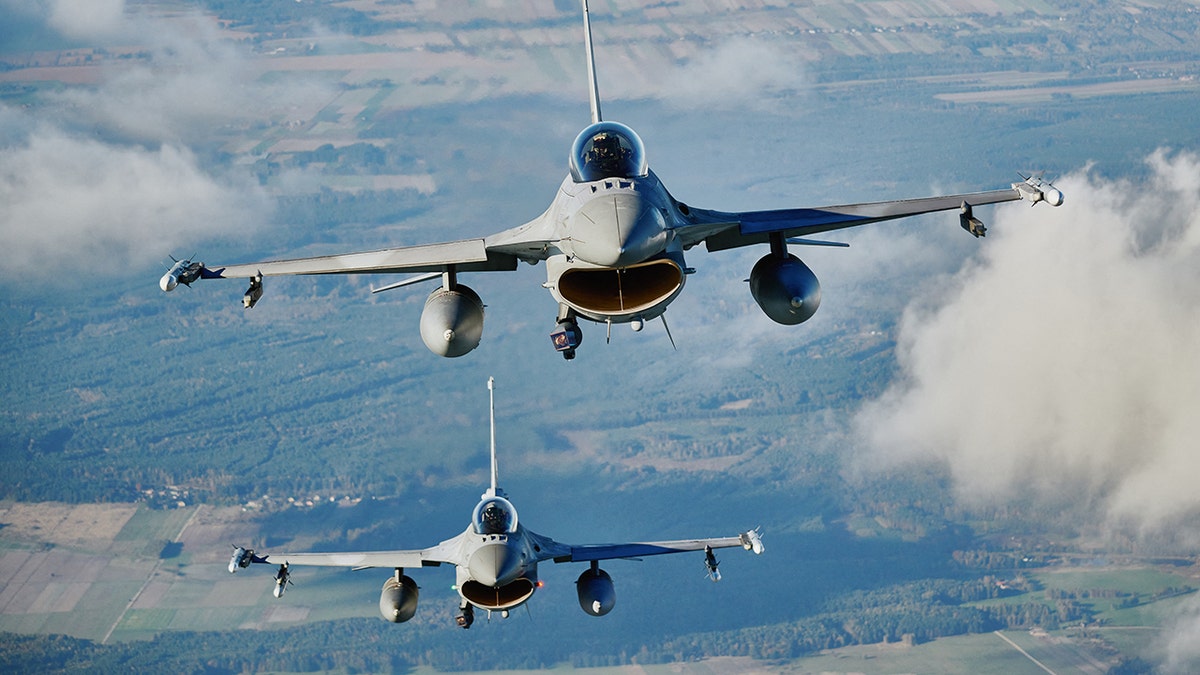
While Erdogan has indicated that Turkey will address Sweden's NATO bid in October, the US and other allies prefer a quicker ratification within the next few weeks. Despite potential benefits for Turkey's relationship with NATO, the F-16 sale remains a point of contention among US lawmakers concerned about its potential impact on Greece.

A group of lawmakers has formally requested assurances from the Biden administration that the F-16s will not be used against Greece, seeking mechanisms to halt the transfer if such violations occur. They propose oversight measures and "snapback" provisions to suspend the sale if Turkey breaches Greek territorial sovereignty.

Some experts believe Greece's likely acquisition of F-35s mitigates the risk of the F-16 sale to Turkey. However, accusations persist that Erdogan used Sweden's NATO application as leverage for the F-16 deal, a claim the US denies.
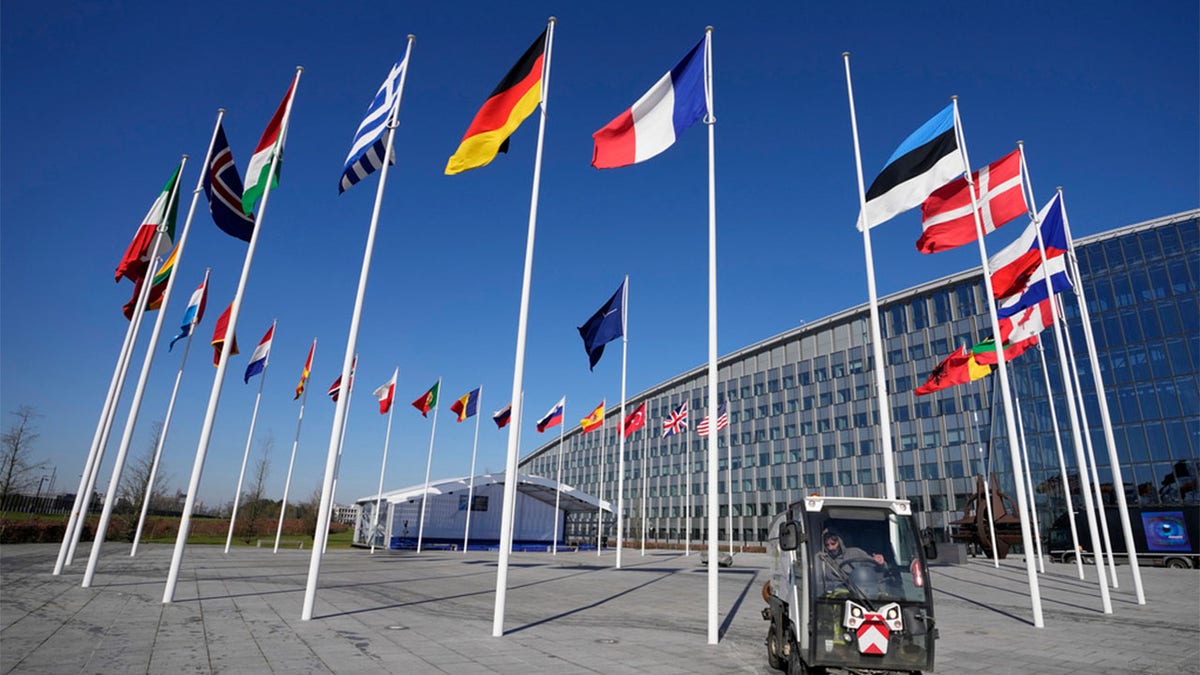
National Security Advisor Sullivan has reiterated President Biden's unwavering support for the F-16 transfer, emphasizing its importance for US and NATO interests. Erdogan, in turn, has denied linking Sweden's NATO accession to the F-16 sale, highlighting Sweden's efforts to address Turkey's concerns and its promise to support Turkey's EU aspirations.
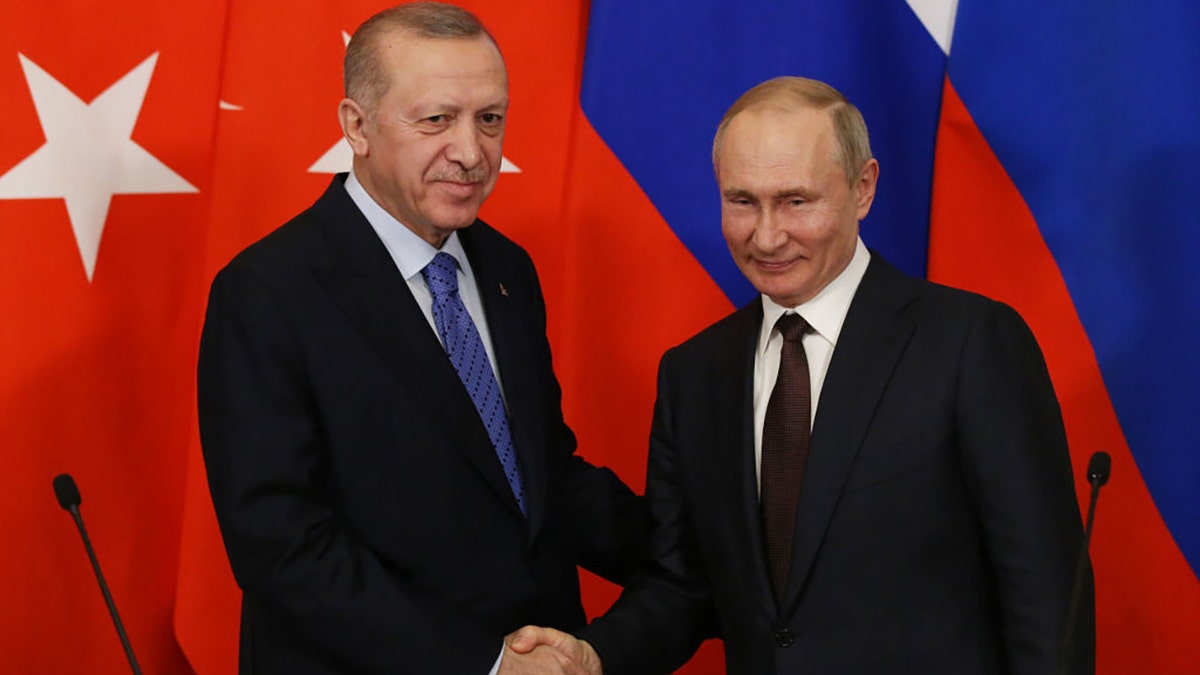
While Erdogan's recent actions might suggest a shift towards the West, some analysts caution against interpreting this as a genuine decoupling from Russia. They argue that Erdogan's foreign policy is primarily driven by pragmatism and transactional considerations, and a complete break from Russia is unlikely.
If Turkey fails to uphold its commitments, it wouldn't be the first time the US has imposed an arms embargo. Previous embargoes and suspensions, such as the one related to Turkey's purchase of the Russian S-400 system, highlight the complex and often strained relationship between the two NATO allies.





